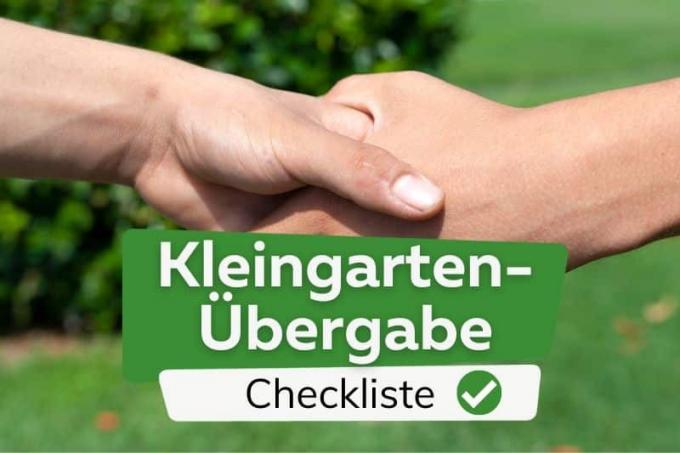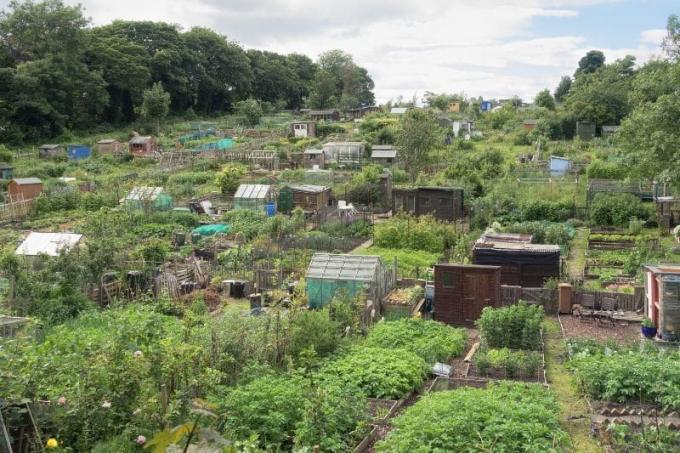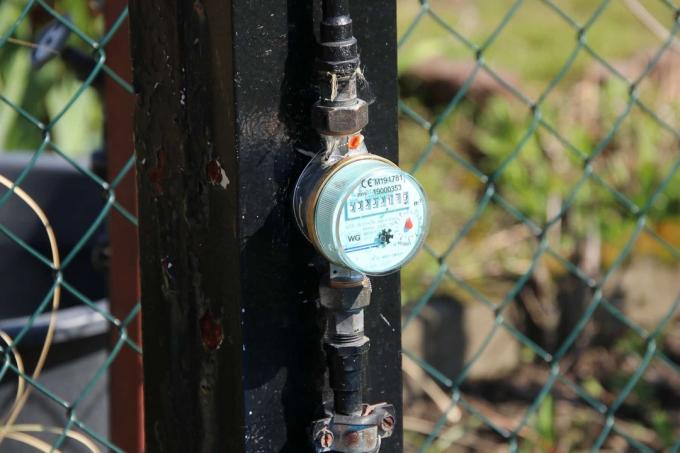
If you don't have a garden at home, you can easily lease a plot from the allotment garden association. In this article you will find out what you should definitely pay attention to when handing over the allotment garden.
In a nutshell
- Garden inspection with inventory by previous tenants and new tenants as well as member(s) of the association board
- Determination of the garden value by an external appraiser
- Valuation report represents possible maximum price
- record all regulations and agreements in the handover protocol
- Record meter readings and consumption values for electricity and water in writing
Table of contents
- Lease and club membership
- garden walk
- Valuation and price negotiation
- handover protocol
- frequently asked Questions
Lease and club membership
Before handing it over, it is very important to know that anyone who leases an allotment garden also becomes a member of an allotment garden association with all rights and obligations. This membership expires only with a written termination, which always only ends at the end of the gardening season - usually on November 30th. one year – becomes effective. However, the corresponding letter must have been received and confirmed by the association at the beginning of the year. The exact notice period can be found in your lease agreement. Only then can the search for a new tenant for the allotment garden begin.

garden walk
Before the allotment garden is handed over, a garden inspection takes place
- the tenant or tenants
- the potential new tenants
- and at least one board member of the allotment garden association
are present. This opportunity is used to meticulously record the planting, development and objects remaining in the garden after the handover and their condition. Furthermore, a defect assessment is carried out, in which, for example, non-compliant conditions are recorded and their elimination is clarified. This may involve clearing or cutting down trees. But dismantling an arbor that is too large is also a frequent topic.

Tip: The gazebo may according to Federal Allotment Law not exceed a floor area of 24 square meters. Everything above that must either be dismantled or be taxed at the tax office.
Valuation and price negotiation
During this inspection - sometimes also at a separate appointment - the appraisal of the allotment garden is carried out by an external expert. This is appointed by the board of directors and takes stock together with a binding price estimate. In it flow, among other things
- Age and condition of the gazebo
- crops
- facility and tools, whose adoption is desired
a. The appraisal carried out by the appraiser represents the maximum price that the tenant may demand for the allotment garden. As a rule, however, the purchase prices are significantly lower.

A notice: Even those who want a particularly luxurious garden shed placed in the allotment garden usually only has the value of a simple arbor. In most cases, luxury materials or equipment are not included in the calculation.
handover protocol
In the course of the valuation and garden inspection, a handover protocol is also created, which should contain the following information in addition to the current date:
- Declaration of the new tenant to adhere to the club rules and the provisions of the Federal Allotment Law
- List of plants (e.g. B. Number, type, age and condition of fruit trees)
- Description of the arbor along with all objects that the new tenant takes over
- Purchase price and separately listed transfer fee for items taken over

- Meter readings and consumption values of electricity and Water
- Information on the fulfillment of the requirements (e.g. B. who has to complete which tasks by which date)
- Key handover (how many and which keys were handed over?)
- possibly further agreements such as the assumption of insurance
Finally, all those involved – i. H. Old and new tenants as well as the member of the board of the association - confirm the details for a successful handover of the allotment garden by signing the protocol.
frequently asked Questions
Allotment tenants are bound by the statutes of the allotment association. This includes, among other things, the rest periods, the type and height of the permitted planting, community work, etc. Furthermore, the regulations of the Federal Allotment Garden Act apply, according to which the keeping of small animals is prohibited. In addition, tenants must use at least one third of the allotment garden.
Strictly speaking, you don't "buy" the allotment garden, but only the buildings and plants on it and the objects on it. The land itself can only be leased because it is either owned by the allotment association or belongs to another owner. This can be the city or municipality, but also a church community etc. can provide land. The lease is always limited.
If you are looking for an allotment garden, it is best to contact an allotment garden association in your area. Here you can already become a member and register for a free garden. It is also worth keeping an eye out for notices on supermarket notice boards, for advertisements in local newspapers and in relevant classified ad portals on the Internet.
